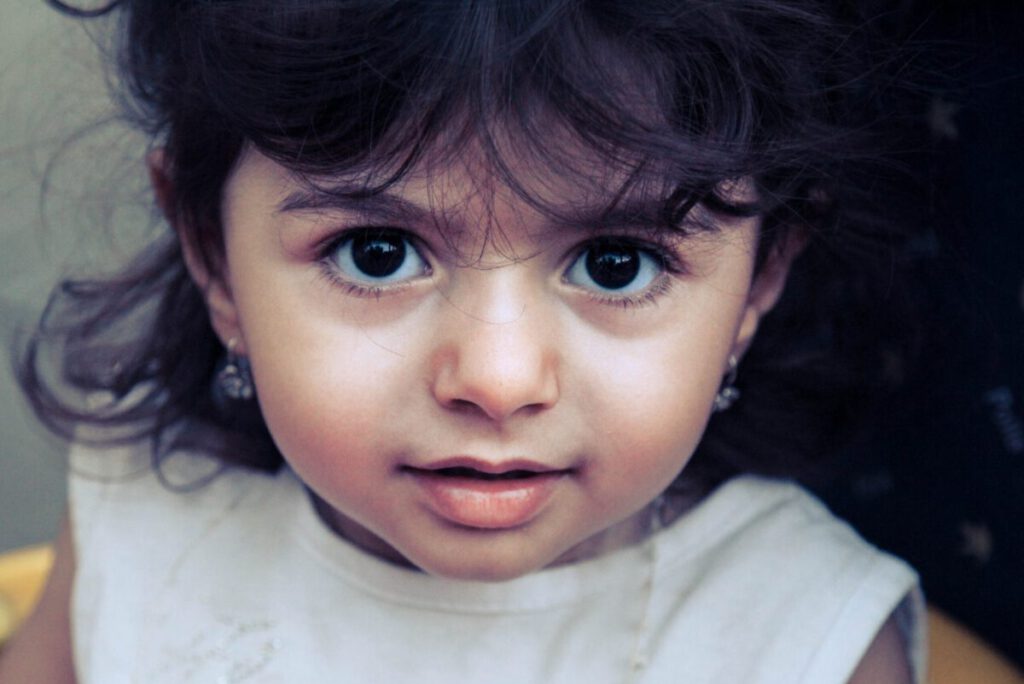It is not uncommon for parents to notice regression in children for no apparent reasons during the time of COVID—becoming clingy, needy, and irritable, incontinence, bedwetting, crying spells, and physical aggression—to name a few problems. Developmental psychology may offer insight on such regression as well as potential solutions.
Remember how as parents we try to let children know that things are fine, we can handle that, and we have your back? The unexpected visit of COVID pandemic however has shaken the psychological foundation we naturally build in children. The world is no longer perceived as “safe” nor future predictable. Inadvertently, children pick up the signs of uncertainty and fear from news programs, social media, and people around them. How anxiety-provoking for a 5-year-old to live in a world of unpredictability!
Regression therefore can be understood as an expression of underlying insecurity triggered by this unprecedented condition that disrupts everyone’s life. With limited ability to make sense of what is going on, children tend to communicate their psychological needs via “problematic behaviors”.
And yet, parents can still help children flourish during COVID outbreak. Some suggestions:
- Maintain a routine that promotes predictability and controllability
- Limit the exposure of anxiety-provoking content to children
- Be aware of our own anxiety and our tendency to overreact
- Accept their regression as a call for support, reassurance, and love; allow them to act younger than their age and express your support in words
- Use body language to bond with the child: e.g., give hugs, give a pat on the back, use a calm voice, make eye-contact, smile back, nod reassuringly
- Spend quality time together and engage in fun activities weekly: e.g., play games, do sport, read, draw, and bake together, get some sun in nature
Of course, some children (and adults) adjust well amidst the COVID pandemic and there are always multiple factors contributing to a child’s condition. With adequate support from family and the community, most children can get through the challenging times unharmed, if not getting better and stronger.
Further read:
Araújo, L. A. D., Veloso, C. F., Souza, M. D. C., Azevedo, J. M. C. D., & Tarro, G.(2021).
The potential impact of the COVID-19 pandemic on child growth anddevelopment: a systematic review. Jornal de Pediatria, 97, 369-377.
你的困擾 是我們的關注
我們用知識拆解生活難題;成就智慧;不必是專家,你或我都可以



